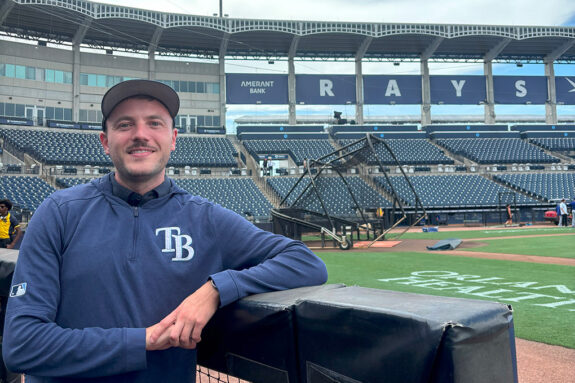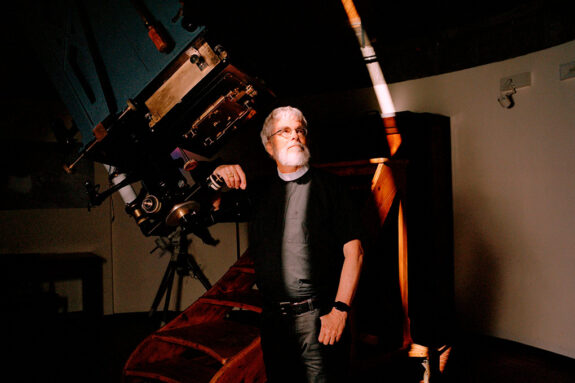Sky is no limit for deaf pilot Sheila Xu ’14
Alumna Sheila Xu ’14, who majored in Earth, Atmospheric, and Planetary Sciences and in Science, Technology, and Society, is pushing the boundaries for deaf flight in the hopes of expanding the options available for deaf people and others with disabilities. (An audio-description version of the video is available below)
An audio-description version of the video is available
Sheila Xu ’14 never imagined she could become a pilot, but she says MIT put her on that path. Born deaf to hearing parents, Xu first learned American Sign Language and connected with the Deaf* community as an undergraduate. These experiences inspired her to want to open doors for more people who are deaf or hard of hearing.
“I’m trying to really get rid of those stereotypes and break down all of the barriers that I experience,” Xu says.
A joint major in Earth, Atmospheric, and Planetary Sciences and in Science, Technology, and Society, Xu also completed an internship at NASA’s Jet Propulsion Laboratory and worked on an aviation project for the US Department of Transportation during her undergraduate years at MIT. However, it wasn’t until she met a deaf pilot years later that she realized she might be able to fly herself.
“I was very nervous imagining myself as a pilot,” she says. “I also think it was a great opportunity for me to push myself.”
I was so excited to be able to have the bird’s-eye view from up above and be flying on my own.
After going through an intensive six-week training program, Xu earned her sport pilot license in 2021, becoming one of only about 200 deaf pilots out of more than half a million people licensed to fly in the United States. “I was so excited to be able to have the bird’s-eye view from up above and be flying on my own,” she says.
Xu was able to learn to fly in a way that accommodated her communication needs thanks to Able Flight, a nonprofit that offers aviation training for people with disabilities. Xu has a cochlear implant, so she is able to comprehend some audio instructions but not everything. To enable her to lip-read and see hand signals, her instructor sat next to her in the plane.
Still, flying presents unique challenges for deaf people. This is in part because certain common pilot tools—such as radio communication with air traffic control towers—are designed for hearing pilots. Even with her current license, Xu is not allowed to fly into an airport that uses a radio tower; this limits her flying options.
“I do wish that general aviation would include more technology that would be more accessible,” she says. “I wish I could text with the tower; that would be a great way to communicate.”
In the hopes of opening more opportunities for deaf people, Xu is completing concurrent graduate degrees this spring: a master’s in public policy at the Harvard Kennedy School and an MBA at the Wharton School of the University of Pennsylvania. “Policy helps me understand what are the barriers and how can we create solutions,” she says. “On the business side … I would love to see more investment in the deaf community.”
Xu is also continuing to push the boundaries for deaf flight, notably as deputy director of development for AstroAccess, a nonprofit focused on making space travel fully inclusive of people with disabilities. In 2022, Xu had the opportunity to participate in an astronaut training program conducted in partnership with AstroAccess, and she has also participated in zero gravity experiments focused on how deaf astronauts might communicate in space.
“I want to be a role model, because [the deaf pilot I met] inspired me,” she says. Ultimately, she is hoping her efforts will help expand the options available for deaf people and others with disabilities.
* Deaf with a capital D refers to a cultural identity; deaf with a lowercase D refers to total or partial hearing loss.


